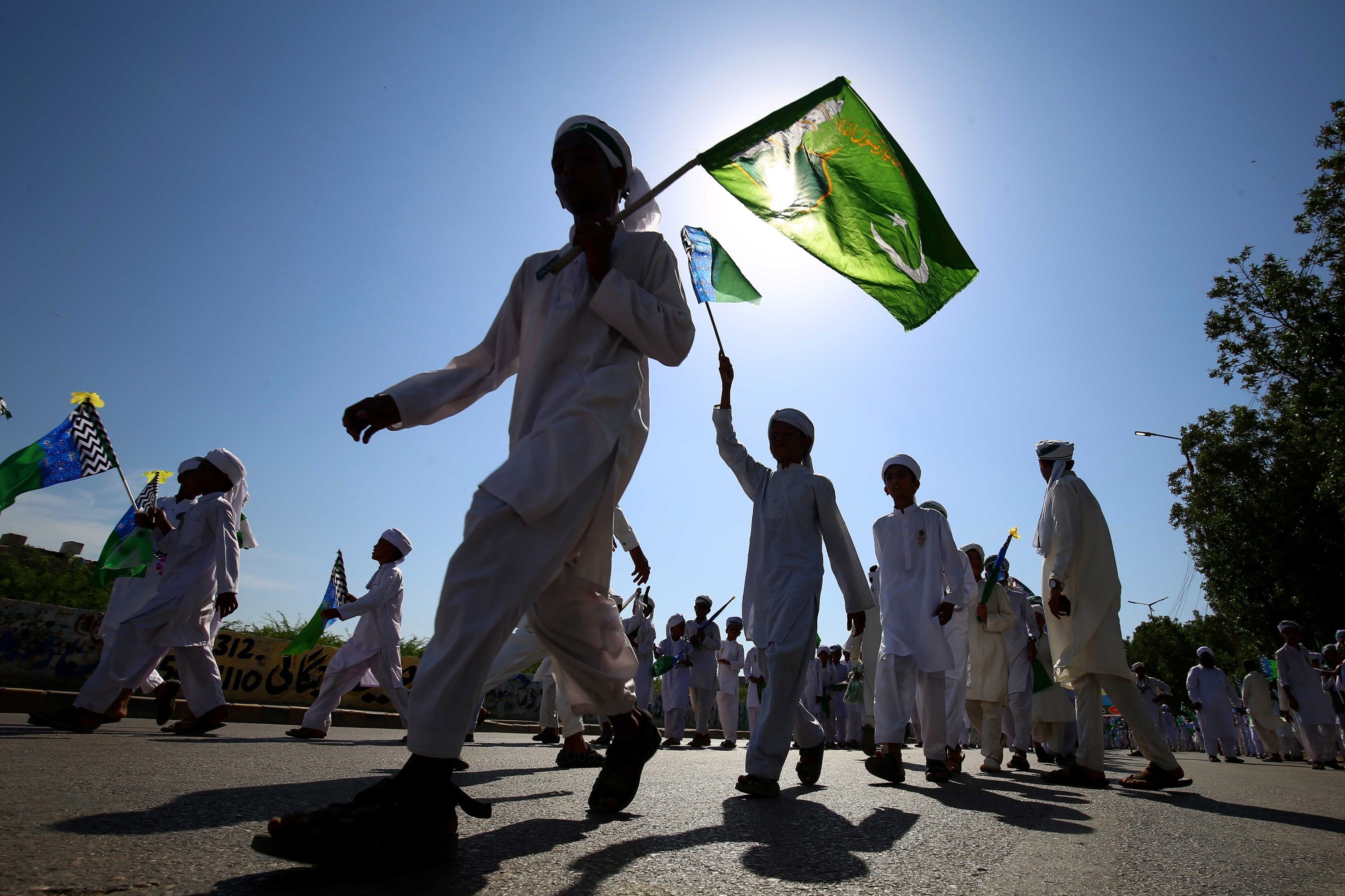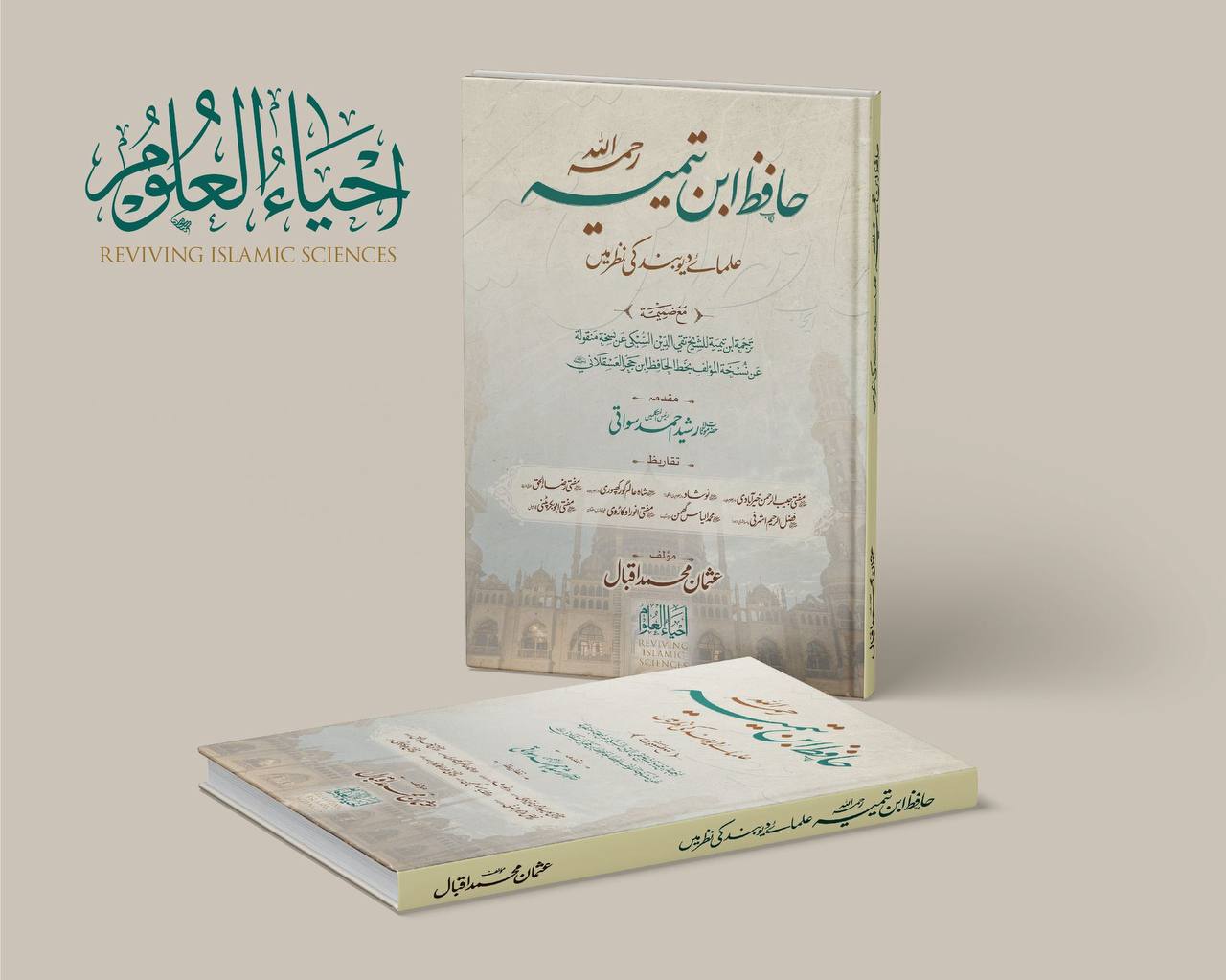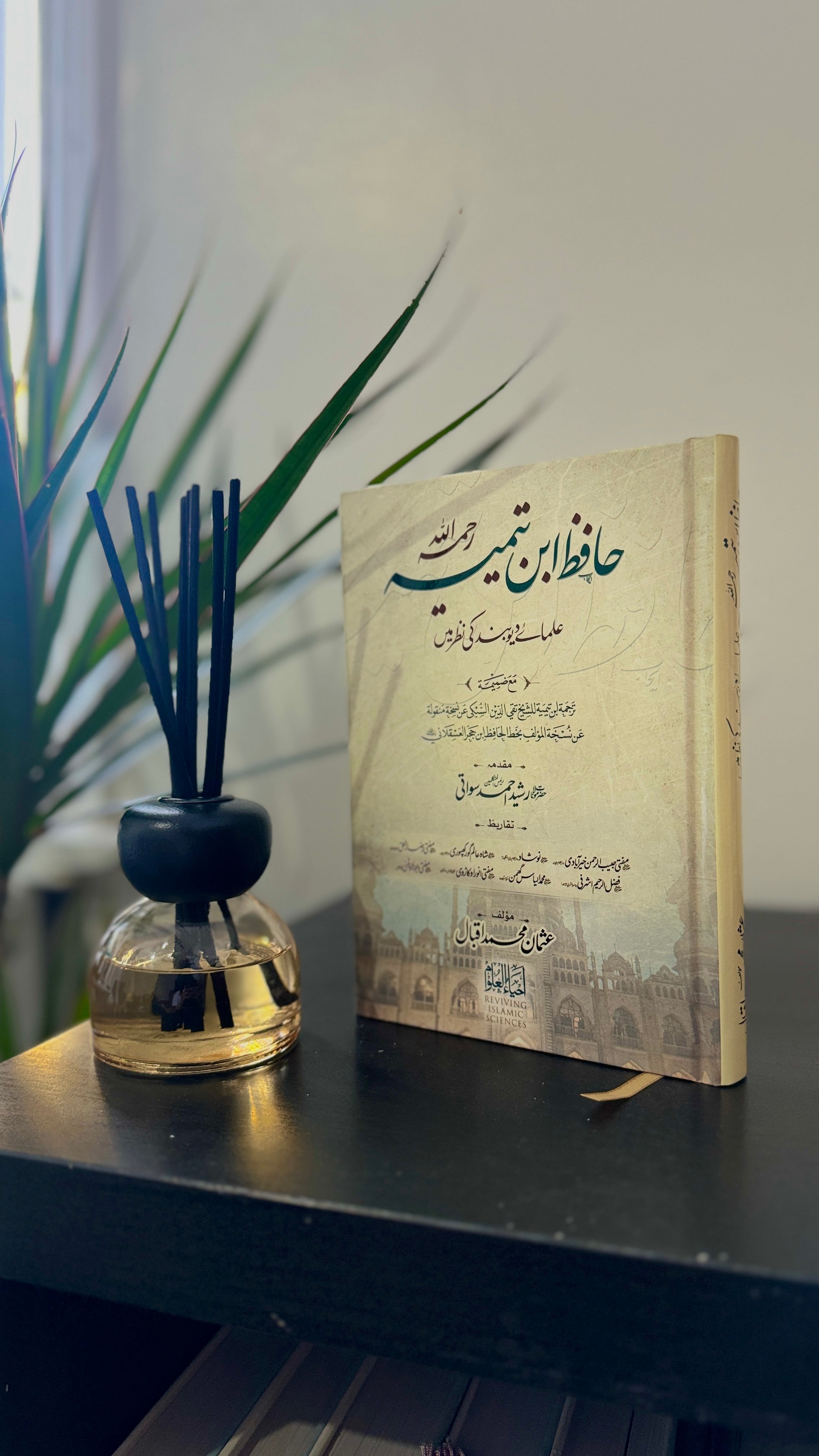Disclaimer
The Reality & Deception Of Takabbur -
Ḥakīm al-Ummah Mawlānā Ashraf ʿAlī Thānawī (d. 1362/1943)
1- Arrogance or Humility?
In a conversation, it was said: All of our elders were lively and cheerful, often joking with one another. The kind of seriousness that people put on just to appear dignified is actually a sign of pride—it shows that the soul is quiet while the ego is alive. On the other hand, being cheerful and good-humored is a sign of humility—it shows that the soul is alive and the ego is calm.
الافاضات الیومیہ جلد 1 ملفوظ 156
2- Reality & Cure
The essence of arrogance is that a person considers himself superior to others in some quality or virtue, such that he regards others as insignificant or contemptible.
The cure: If such a thought arises involuntarily, then the person is not blameworthy—so long as he does not act upon it. That means he should neither speak words of self-praise and disparagement of others, nor treat people with scorn in his conduct.
However, if he deliberately holds this belief of superiority, or if the thought occurs unintentionally but he consciously acts upon it—by expressing his superiority or belittling others—then he is guilty of arrogance, and becomes deserving of blame and punishment.
Furthermore, if in addition to restraining himself he also makes an effort to speak words of appreciation for others and treats them with respect and honor, then this becomes a strong aid in curing arrogance.
( ملفوظات حکیم الامت : جلد ۲۲ ، ص ۵۱) ( انفاس عیسی حصہ دوم )
3- A Limit Of Pride
Arrogance is when a person regards his noble qualities as his own achievement and perfection—without seeing them as a gift and favor from God—and consequently looks down upon others as inferior.
On the other hand, denying one’s own qualities is not humility. For example, it is permissible for a memorizer of the Qur’an (ḥāfiẓ) to acknowledge his memorization; but he must regard it as a divine gift rather than his own independent merit.
( ملفوظات حکیم الامت : جلد ۲۱ ، ص ۱۵۷) ( انفاس عیسی حصہ اول )
4- Feeling ashamed to initiate greeting (salām) is a form of arrogance.
I have a complaint against us scholars—that we often think too highly of ourselves, to the point that we feel it beneath our dignity to greet the common people first. Instead, we wait expectantly for others to greet us first.
( ملفوظات حکیم الامت : جلد ۲۱ ، ص ۱۵۶) ( انفاس عیسی حصہ اول )
5-The Fear of Losing Blessings Due to Arrogance
Do not take pride in your piety and purity such that you look down upon sinners. Instead, forgive their faults and overlook their shortcomings. For arrogance brings with it the danger that the blessings one enjoys may be taken away.
ملفوظات حکیم الامت : جلد ۲۱ ، ص ۱۵۵) ( انفاس عیسی حصہ اول )
6-Arrogance Toward Allah
When arrogance becomes excessive and its roots grow firm, a person may even display arrogance toward Allah Himself.
For example, in supplication he shows humility and brokenness, even to the point of weeping and pleading. But if someone happens to pass by and see him, he suddenly stops his weeping and pleading—out of shame that others might perceive him as lowly or humiliated.
This is arrogance before Allah, for it means he considers showing humility and abasement before Allah to be a source of shame in the eyes of people. Therefore, abandoning an act of worship for the sake of people is itself a form of arrogance.
ملفوظات حکیم الامت : جلد ۲۱ ، ص ۱۵۲) ( انفاس عیسی حصہ اول )
7-Hatred of Pride Equal to Hatred of Disbelief
It has been conveyed through one person that the Shaykh (may Allah have mercy on him) said:
“I despise arrogance as much as I despise disbelief.”
8-A Subtle Form of Pride
It was said: If the thought arises in a person’s mind that “I am free from arrogance, I do not act arrogantly,” then even this is a branch of arrogance. For example, an ordinary man would never think to himself, “I do not boast,” because such a thought only occurs to one who, in some hidden way, feels a sense of pride.
9-The Difference Between Dignity and Pride
A person once asked: “What is the difference between dignity (waqār) and arrogance (takabbur)?”
It was replied: Arrogance is when a person regards himself as superior and others as inferior. Dignity, on the other hand, means refraining from actions that are in reality petty or undignified.
In dignity there is no element of looking down upon others; rather, dignity is actually a branch of humility. The more a person increases in humility and self-effacement, the more his state of calmness and composure grows. Thus, dignity is essential for true humility, and humility is the very opposite of arrogance.
کمالات اشرفیہ ص ۱۹۲
10-A Remedy for Takabbur
It was said that one remedy for arrogance is to adopt the habits of people of low social status. For example, wearing patched clothing—even using patches of contrasting colors. If one maintains this practice for a week or even a month, the self will experience greater restraint and humility. As a result, the struggle against the ego will be more intense, and reformation of character will occur more quickly.
کمالات اشرفیہ ص ۱۶۹
11-Arrogance Cannot Be Removed by Self-Justification
It was said that many people have arrogance, yet their ego does not allow them to realize it. For instance, if someone does not show them the respect they desire and they feel anger as a result, their ego may justify this anger by saying: “Since this person owed me a right and did not fulfill it, my anger is due to the non-fulfillment of my right, not against myself.”
In reality, this is the cunning of the ego. If the anger were truly over the neglect of a right, then one’s ego should also become angry at itself for having neglected hundreds of obligatory rights. When this does not happen, it becomes clear that the anger is indeed for the ego’s own sake.
Furthermore, if the ego does not feel similar anger when another person’s right is neglected, this too is a sign of the ego’s deceit.
( ملفوظات حکیم الامت : جلد ۱۲ ، ص ۱۱۲ )
12-The Reality of Arrogance and Its Remedy
A person asked, via a written petition, about the reality of arrogance and its remedy. It was explained that the essence of arrogance is to consider oneself superior to others in some excellence to the extent that one regards them as lowly and contemptible.
The remedy is as follows: If such a thought arises involuntarily, then there is no blame—provided one does not act upon it. This means one should neither verbally express one’s superiority nor belittle others, and should not treat others with contempt.
However, if a person deliberately considers himself superior, or if the thought arises unintentionally but he consciously acts upon it—by speaking of his own superiority or treating others with disdain—then he is guilty of arrogance and deserving of blame and punishment.
Moreover, if, alongside refraining from such actions, he also verbally praises others and treats them with respect and honor, this becomes a further aid in the cure.
( ملفوظات حکیم الامت" : جلد ۱۱ ، ص ۲۳۱ )
13-The Difference Between Self-Admiration and Arrogance
In response to a question, it was explained that the only difference between self-admiration (ʿujb) and arrogance (takabbur) is this: in self-admiration, a person regards himself as great but does not consider others lowly; whereas in arrogance, he considers others inferior as well as himself superior.
ملفوظات حکیم الامت : جلد ۲، ص ۲۶۴)
14- Not Every Anger Arises from Arrogance
A scholar asked: “Does anger arise from arrogance?”
It was replied: “No. Even the Prophet ﷺ experienced anger, so does that mean—God forbid—that it was due to arrogance? Sometimes the cause of anger is zeal, whether religious or worldly, and sometimes it arises naturally from a weak temperament. Arrogance has no part in either case.
However, if one acts upon such anger in a way that exceeds the limits prescribed by Shariah, then it becomes arrogance. In other matters arising from natural disposition, a person is excused.”
(ملفوظات حکیم الامت : جلد ۲ ، ص ۱۲۰)
15- Consider yourself low
The person who starts to regard himself as eminent and a saint, he is humiliated in the eyes of Allah and also in the eyes of Allah’s creation.
(Malfūẓāt, 13:77).
Explore Our Recent Insights
Dive deeper into Islamic knowledge and teachings.









